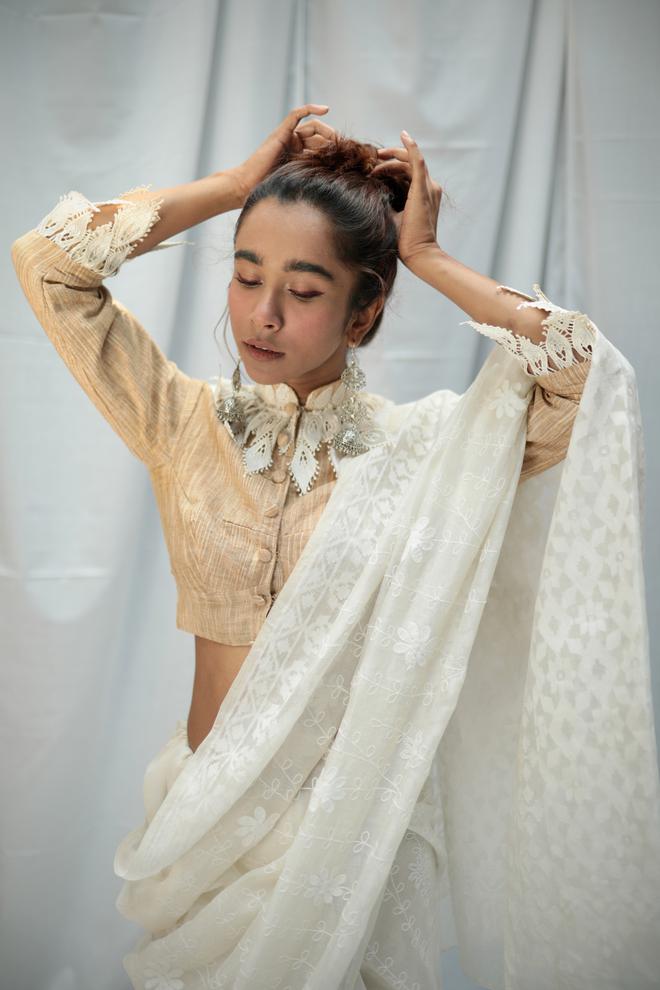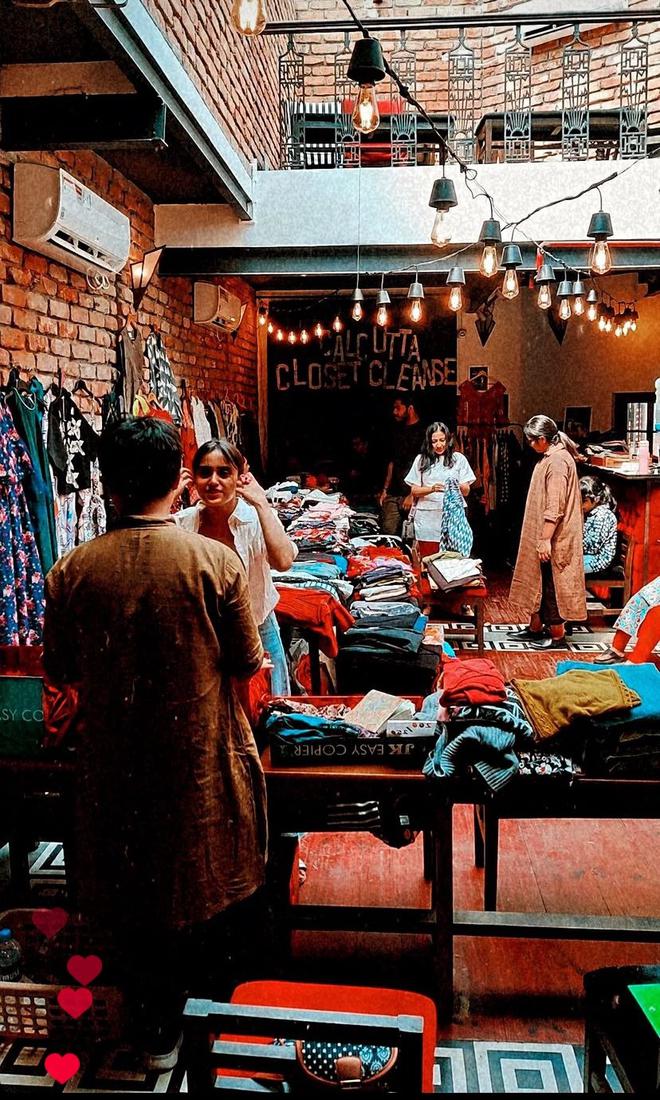“We want to give shoppers a first-hand experience of second-hand shopping,” says Mridula Pai, who is organising Bangalore Closet Cleanse, a thrift market that will be held at Lahe Lahe in Indiranagar on June 4. Pai, the founder of the Kolkata-based Love Me Twice and Mono, talks about the format of the event. “It is for independent sellers who have recently cleaned up their closet,” she says, adding that people will bring their own personal pieces to sell at the thrift market. While she conducted an event in a similar format in Kolkata earlier this year, this is the first time she is conducting a closet cleanse in Bengaluru. “I want to build this (thrift) community in the city,” she says.

Pai talks about the genesis of her own thrifting journey, which goes all the way back to 2019 when she co-founded Mono Calcutta with writer and model Karuna Ezara Parikh. In the boutique, which was dedicated to sustainable labels from across India, they also introduced a rack of thrift. “We were a boutique for sustainable labels, and there is nothing more sustainable than shopping second-hand,” she says. The rack became a huge success, with different people coming to shop off it. “This rack of thrift was just selling out,” she recalls. “We felt we were kind of breaking some barriers.”
Then COVID-19 struck, and the boutique had to close for a year. Pai, who was back home in Bengaluru back then, remembers sifting through her own closet, trying to declutter it when it struck her that she “wanted to do more than one rack.” When they reopened the store, half of it was dedicated to thrift, says Pai, adding that while Parikh no longer works for the brand due to other commitments, she continues to support it.
Today, in the 100-year-old bungalow where Mono is situated, sustainable outfits from WhySoBlue, No Nasties and The Summer House share space with thrifted garments that could be a mix of both fast fashion and sustainable brands. “We would rather a Zara outfit gets resold, than end up in a landfill,” says Pai, reiterating what most people in the fashion business already know; fast fashion is the second most polluting industry in the world today.

Climate change, she adds, is a very real problem, the effects of which are being felt by nearly everyone. “The fashion industry needs to be mindful of the contribution to this crisis,” she says. There are changes that the industry, as a whole, needs to adopt, to reduce emissions such as sustainable customer behaviour, she adds. “Today it is so easy to buy 10 things and return nine. Even if you stop returns, it will make a difference,” she says, since customers will become more mindful and only buy what they really want.

Thrifting, of course, pushes the sustainability envelope as far as fashion is concerned. “The more you prolong the life of a garment, the better it is for the earth,” she says. This is not to say that shopping at a thrift store needs to be an unpleasant experience. “We personally curate all the pieces. They are all checked, cleaned and hand-picked,” she says, adding that the brand also pays a nominal price for all the garments they buy. “We want to make this a viable business — to grow, expand and normalise thrifting,” she says. “I want to take this to different cities.”
The Bangalore Closet Cleanse by Love Me Twice will be held on June 4 between 12 noon and 8 pm at Lahe, Lahe, 80 Feet Road. To know more about thrifting, log into lovemetwice.in.







